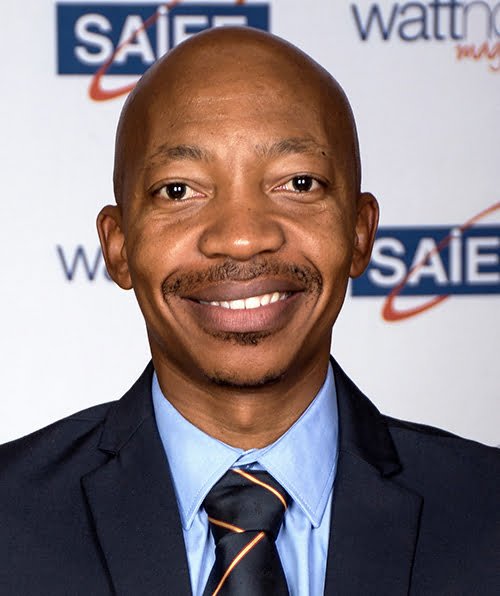The Editor speaks to the CEO of the SA Institute of Electrical Engineers (SAIEE), Leanetse Matutoane.
THE twin blows of a depressed economy intertwined with the COVID 19 pandemic and compounded by loadshedding have created challenges right across our economic landscape, disrupting traditional ways of doing business.
While the pandemic has subsided, its effects remain and new ways of addressing the disruptions caused are being sought, particularly by institutions.
CEO of the SA Institute of Electrical Engineers (SAIEE), Leanetse Matutoane admits times have been tough for many professional institutions and associations including the electrical sector, citing load shedding as an additional hurdle that has disrupted ‘business as usual’.
“Professional institutions rely for their existence on the one hand from fees from members and the commitment of dedicated individuals to volunteer their time towards maintaining standards and the integrity of the profession, and at SAIEE we are no different.
“Declining economic conditions have put pressure on the ability of many professionals to continue to pay fees coupled with companies who used to cover these expenses, but no longer do. This has been the case where the bulk of our members employed by Eskom, had this perk removed by the utility. These conditions have seen a haemorrhaging of members of late.
“The Institute represents and is the voice of electrical and electronic engineers, technologists and technicians throughout Southern Africa and is mandated by the ECSA (Engineering Council of South Africa) to certify and uphold professional standards in the region.
The cornerstone of the SAIEE is to provide training and ongoing education in all aspects of electrical engineering and this is what we strive to provide through our comprehensive continuing professional development (CPD)-related training programmes.
“Although our member numbers have declined to around 5 000 we are taking proactive steps to boost membership the image and status of the SAIEE through innovative measures and to provide value in belonging.
“While training and technical talks are still conducted throughout our nine branches by subject matter experts, these activities can now be pursued on line and we are in the process of embracing e-learning where members can access course information and study at their own pace when it’s convenient to them. We have also started to archive our specialist lectures via the YouTube channel (SAIEETV), again allowing members the flexibility to ‘attend’ when it suits them.
Opportunities
“While the ill wind of loadshedding has caused such disruption to our economy, it has presented new opportunities to electrical and electronics professionals, caused by the move by many to move ‘off-grid’, to counter often damaging power disruptions in both homes and businesses. The trend to install standby and off grid power sources requires professional design and oversight to ensure safe and efficient operations and like most new developments, it attracts its fair share of opportunists and charlatans’, particularly in the residential sector where homeowners are ignorant of the technology, practice and standards required to safeguard lives and property, often swayed by the lowest price.
“For SAIEE this trend has also created an opportunity to enlarge our membership footprint to not only appeal to professional electrical engineers but other electrical engineering practitioners who operate in parallel disciplines and SAIEE welcomes new members from ancillary and allied professions. To this end we are compiling a database of accredited installers and service providers which will be accessible to anyone who embarks on an alternative energy project.”
Zanele Sibiya, SAIEE Training Academy Manager, commented that across the training industry, the effect of the pandemic was the dominant reason for declines in membership with people losing their jobs, companies forced to enforce salary cuts, coupled with a huge decline in funding for training.

“In order to maintain some sort of training momentum, some companies are tapping into online digital libraries for their employees, where they can access information. However, very few of these courses are validated. The SAIEE is an important partner to that end.
“Also, the bulk of our courses are very technical in nature which for the engineering professional taking the managerial route is only part of the skill set required. SAIEE Training Academy is investigating offering more complimentary soft-skills training” she said.
Reaching out
“Professional institutions have rightly, in my opinion, been accused of having a silo mentality and a major initiative within SAIEE is to break down barriers and engage with other professionals, exchanging ideas and improving the delivery of professional services for the common good. Its only by interfacing and recognising other disciplines can institutions grow and become more efficient and, overall, meet the needs and aspirations of members in providing a valued service where it pays to belong” concluded Matutoane.















